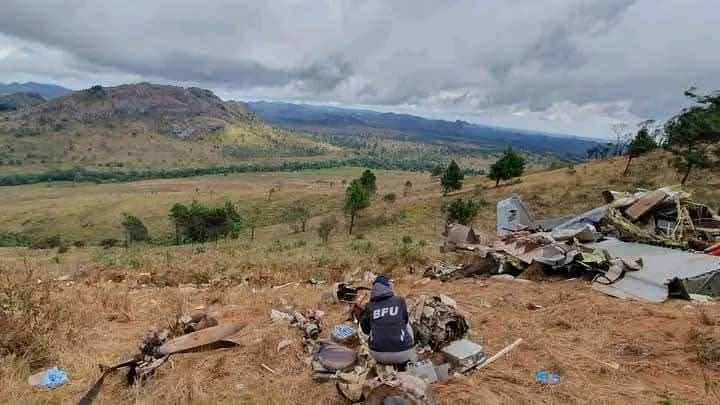By Sam Majamanda
Officials and community members at different levels in the implementation of the Social Support for Resilient Livelihoods Project (SSRLP) have spoken highly of the capacity building the project has provided to communities in the country.
Speaking in separate interviews the people concurred in saying the capacity building sessions that the project gave members of micro-catchment areas has already started proving to have opened up the communities for participation.

“The SSRLP emphasized a lot on capacity building and that is a very important element when it comes to development because development relies on people’s participation, and people cannot actively participate when they are ignorant,” said Director of Public Works for Phalombe district council, Clement Mtambo.
He added that the lessons delivered have increased easy understanding and collaboration between community members and service providers in various government projects.
Social Protection Officer for the National Local Government Finance Committee (NLGFC) Ina Thombozi said the pilot project emphasized on capacity building because it is its goal to mainstream soil and land conservation in order to revamp agricultural productivity.

We want people to take environmental, land and soil conservation seriously so that they can start reaping meaningfully from their farming; that is why we are very serious on capacity building. We want them to be able to do these things even in the absence of a project like SSRLP, said Thombozi.
Among others during implementation of the pilot SSRLP community members were trained in soil conservation, land reclamation, climate smart agriculture, community savings and loans as well as community projects management.
Currently farmers organized through micro-catchment areas across the 28 districts are preparing for the commencement of the Climate Smart Enhanced Public Works Programme (CS-EPWP) a programme which encourages land and soil conservation under the SSRLP.
Secretary for Sombani micro-catchment in Phalombe district Robert Namame said lessons learned in SSRLP implementation will be replicated in all government projects and programmes.
He said the lessons have geared them up for the implementation of the upcoming projects, through which they would like to transform their area into a reliable food production zone.
With the lessons we have received we are assured that we can lead our area in reversing the environmental depletion that happened here so that we can start receiving good rains and harvest more, Namame added.
Facilitated by Government and the National Local Government Finance Committee (NLGFC), Social Support for Resilient Livelihoods Programme (SSRLP) is a government project that replaced Masaf 4 and is being implemented by local councils in the country with funds from the World Bank.




